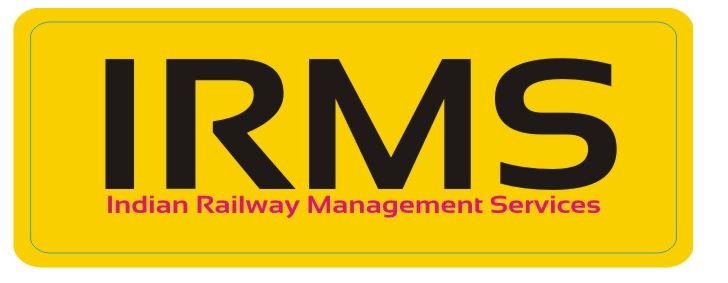Indian Railway Management Service – Need, Benefits and Way Forward

From Current Affairs Notes for UPSC » Editorials & In-depths » This topic
IAS EXPRESS Vs UPSC Prelims 2024: 85+ questions reflected
Context: A recent Gazette notification regarding the creation of the Indian Railway Management Service (IRMS) marks a paradigm shift in the management of one of the world’s largest rail networks.

Indian Railway Management Service (IRMS)
- IRMS have been created by merging the eight out of the 10 Group-A Indian Railway services.
- They are Indian Railway Traffic Service (IRTS), Indian Railway Personnel Service (IRPS), Indian Railway Accounts Service (IRAS), Indian Railway Service of Electrical Engineers (IRSEE), Indian Railway Service of Signal Engineers (IRSS), Indian Railway Service of Mechanical Engineers (IRSME), Indian Railway Service of Civil Engineers (IRSE) and Indian Railway Stores Service (IRSS).
Need for the restructuring
- Besides removing silos, this restructuring also aims at rationalising the top-heavy bureaucracy of the Indian Railways.
Is creating IRMS enough to rectify all current issues?
- Even after the creation of the IRMS, the 8,000 strong (already serving) officers of the Indian Railways will need to work in coordination and not in silos, as they will be serving in the organisation for decades to come.
- Though the UPSC will recruit a few hundred IRMS officers each year from now, they will remain much less in number when compared to already serving officers for a long time to come.
This highlights the importance of training the existing cadre of officers as they will have to deliver on the ambitious Gati-Shakti projects.
Way forward
- The Indian Railways will play a very crucial role in achieving key objectives with its prestigious projects such as a network of dedicated freight corridors, high-speed rail corridors, station re-development projects, the induction of Vande Bharat trains on a large scale, and other projects of strategic importance.
- All this will require a massive revamp of the capacity building ecosystem of the Indian Railways.
Aspiration of becoming a $5 trillion economy:
- The task of training such a dynamic talent pool assumes importance in view of India’s aspirations of becoming a $5 trillion economy.
Redesign the training:
- The merger of services provides an opportunity to redesign the training for newly recruited IRMS officers to make them future-ready.
- Initial training along with mid-career training programmes may be reoriented.
- The IRMS training needs to be designed based on the competencies required for different leadership roles.
Practice Question for Mains
- Under the new Indian Railway Management Service, training its future leaders is the most important task ahead. Discuss. (250 Words, 15 Marks)
If you like this post, please share your feedback in the comments section below so that we will upload more posts like this.

